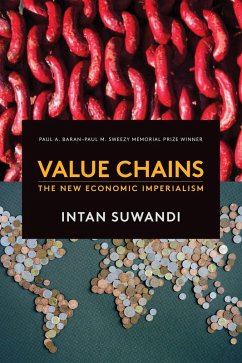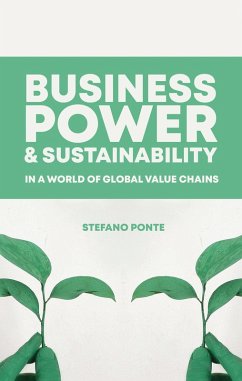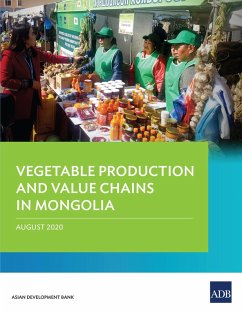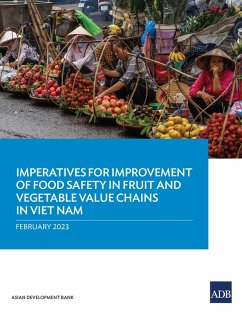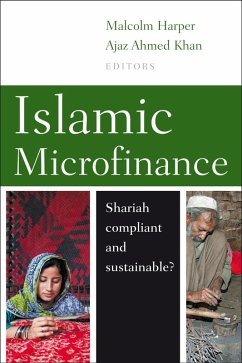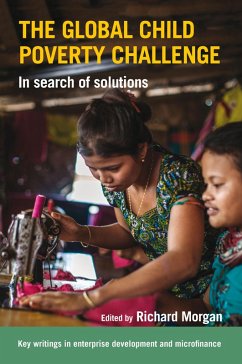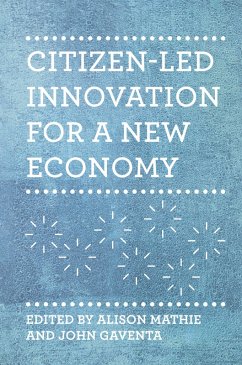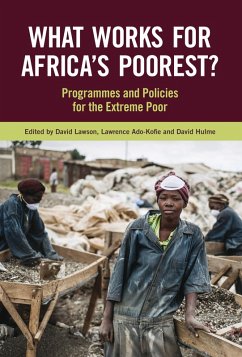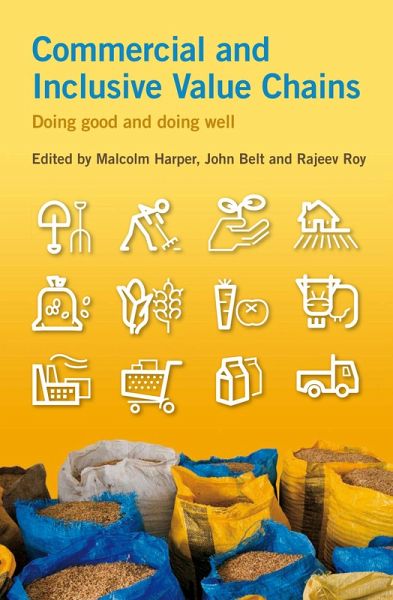
Commercial and Inclusive Value Chains (eBook, ePUB)

PAYBACK Punkte
6 °P sammeln!
In spite of the current wave of globalization, the majority of the world's people remain poor, excluded from economic development. The aim of this book is to show that disadvantaged smallholders and other poor people can be included in modern integrated value chains, which are profitable for them, for the value chain leaders, and for all the other processors and traders involved. And, that this can be done without subsidy, without donor or government aid, and without appeal to 'corporate social responsibility'; it is simple good business. Commercial and Inclusive Value Chains includes case stu...
In spite of the current wave of globalization, the majority of the world's people remain poor, excluded from economic development. The aim of this book is to show that disadvantaged smallholders and other poor people can be included in modern integrated value chains, which are profitable for them, for the value chain leaders, and for all the other processors and traders involved. And, that this can be done without subsidy, without donor or government aid, and without appeal to 'corporate social responsibility'; it is simple good business. Commercial and Inclusive Value Chains includes case studies on fifteen profitable and inclusive value chains from different countries in Western, Eastern and North Eastern Africa, and from India, Cambodia, Peru. The goods which they handle include food stuffs and other products that are transformed through a value chain. Each case includes a detailed 'map' of the value chain, showing how much value is added at each stage, as well as the results of surveys to assess the benefit to the small producers or other disadvantaged group who are members of the chains. This book is important reading for managers and consultants who work in value chain development, staff of NGOs and donor agencies, and researchers and post-graduate students in business schools and in departments of economics and development studies.
Dieser Download kann aus rechtlichen Gründen nur mit Rechnungsadresse in A, D ausgeliefert werden.




